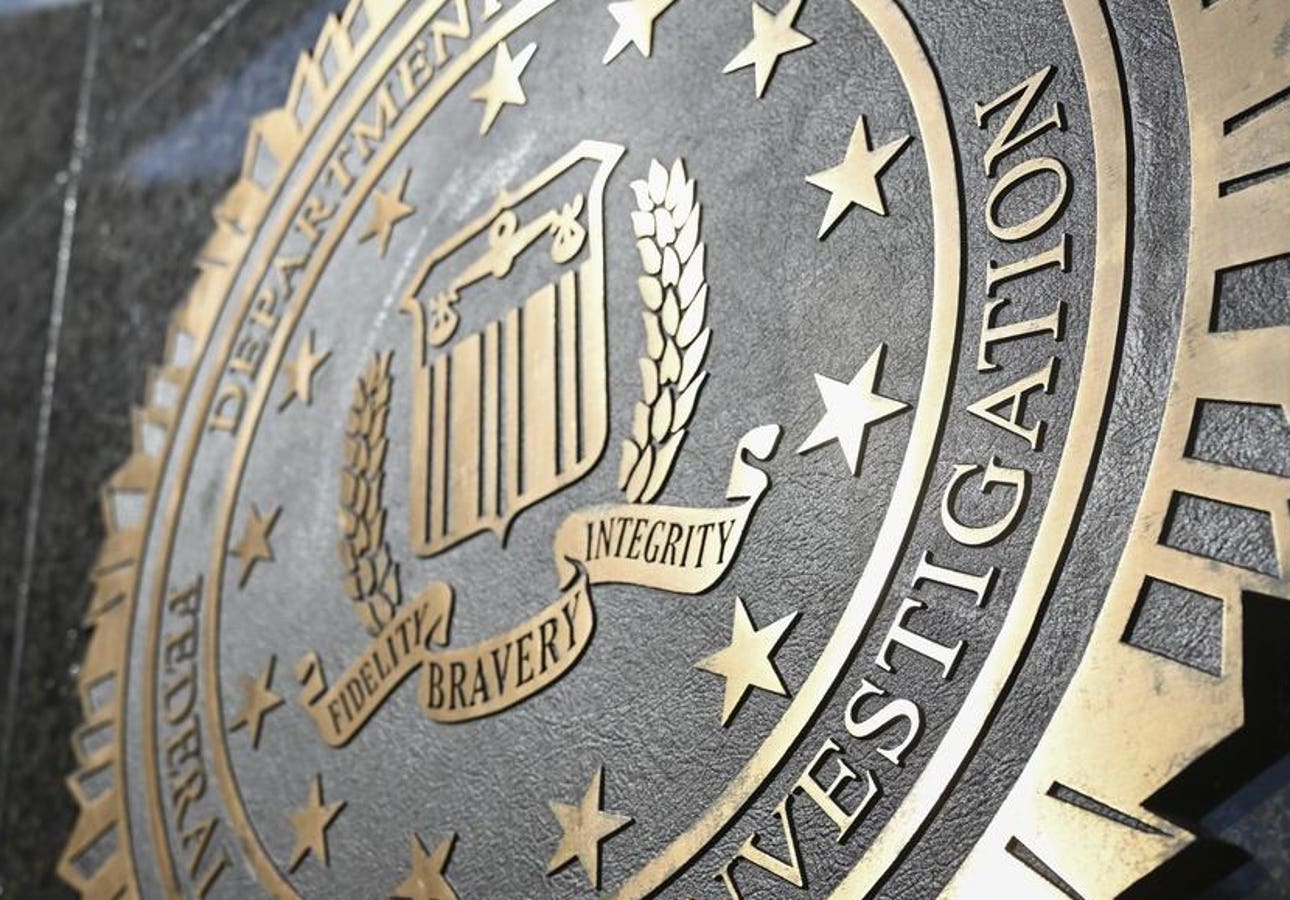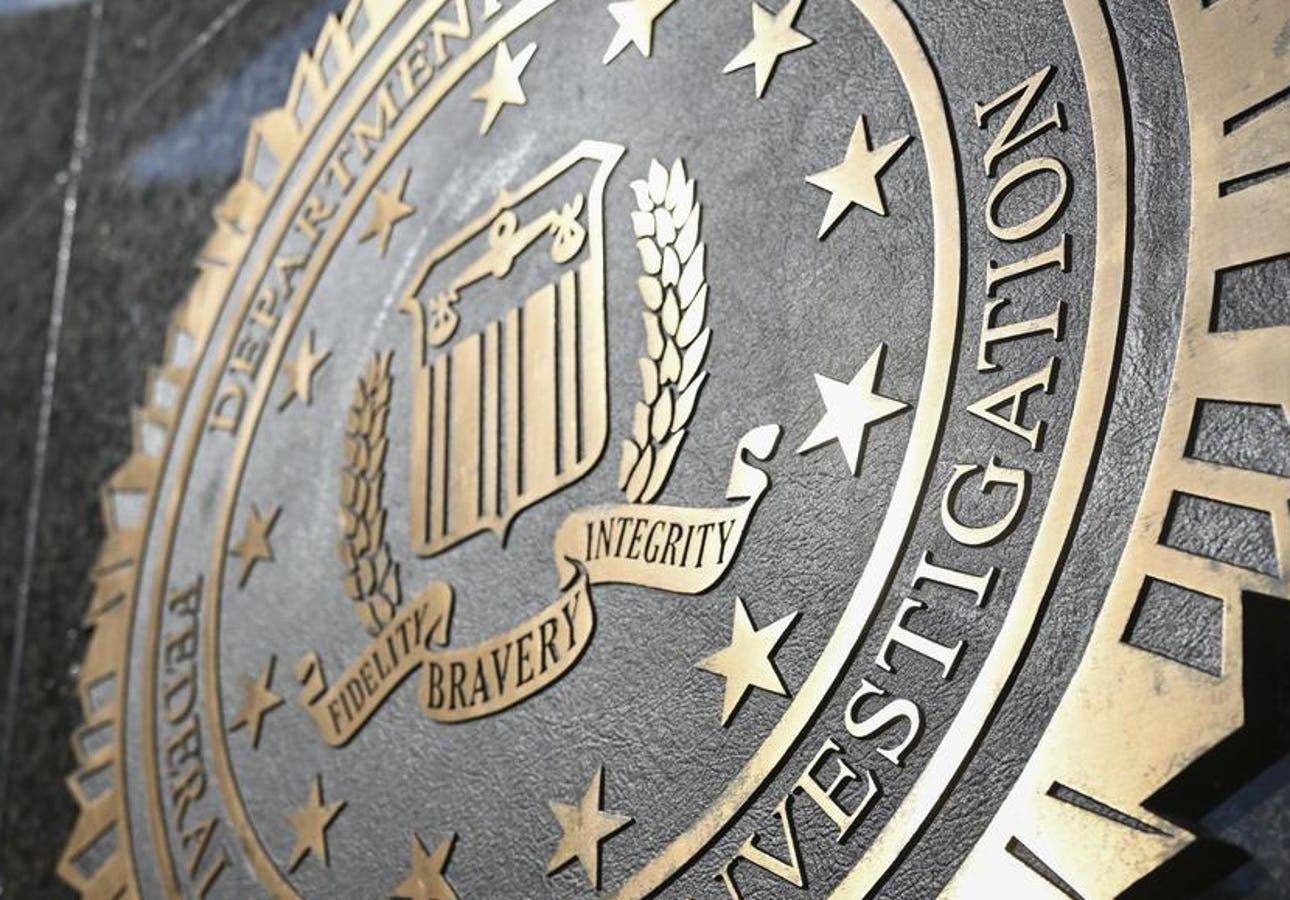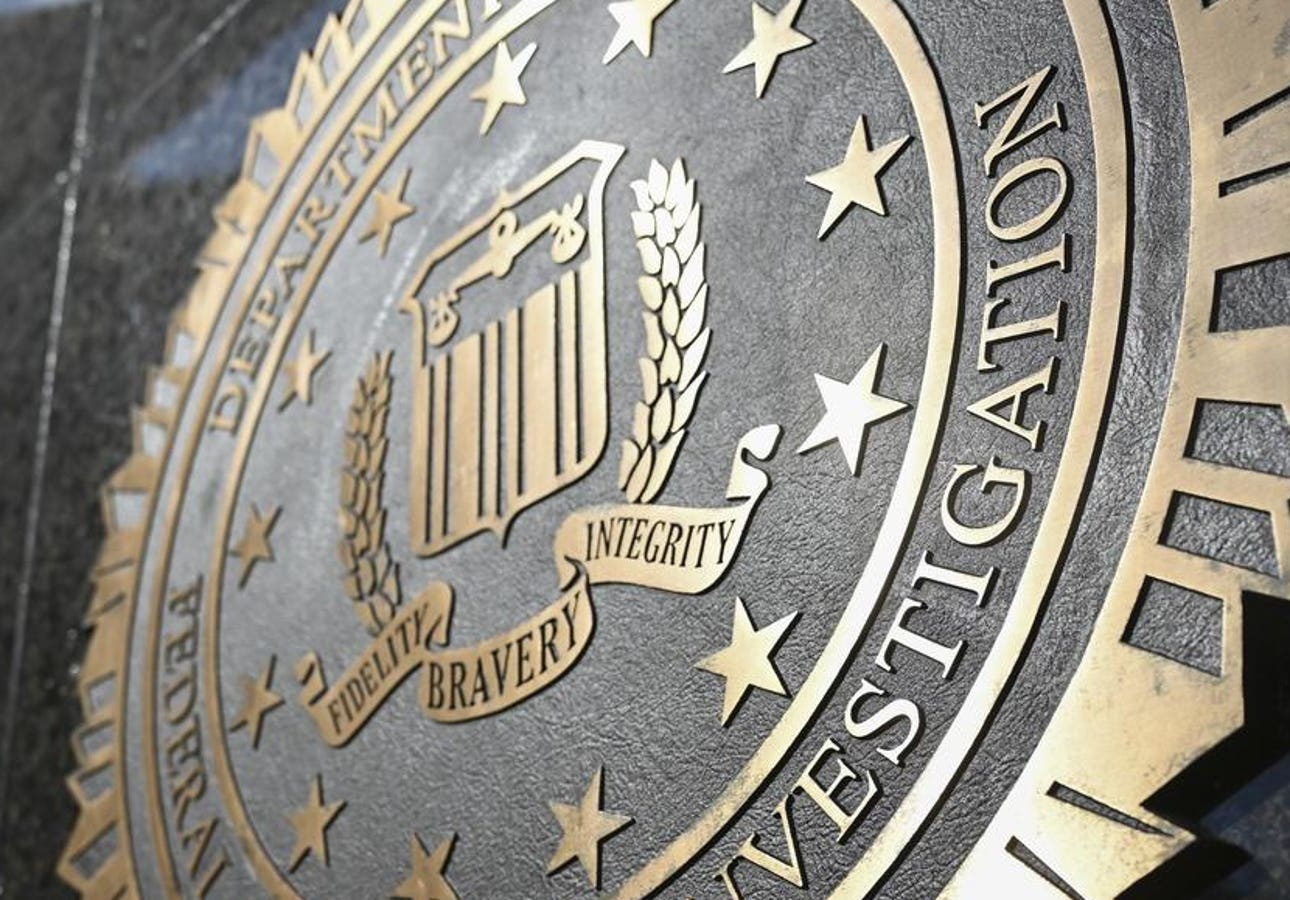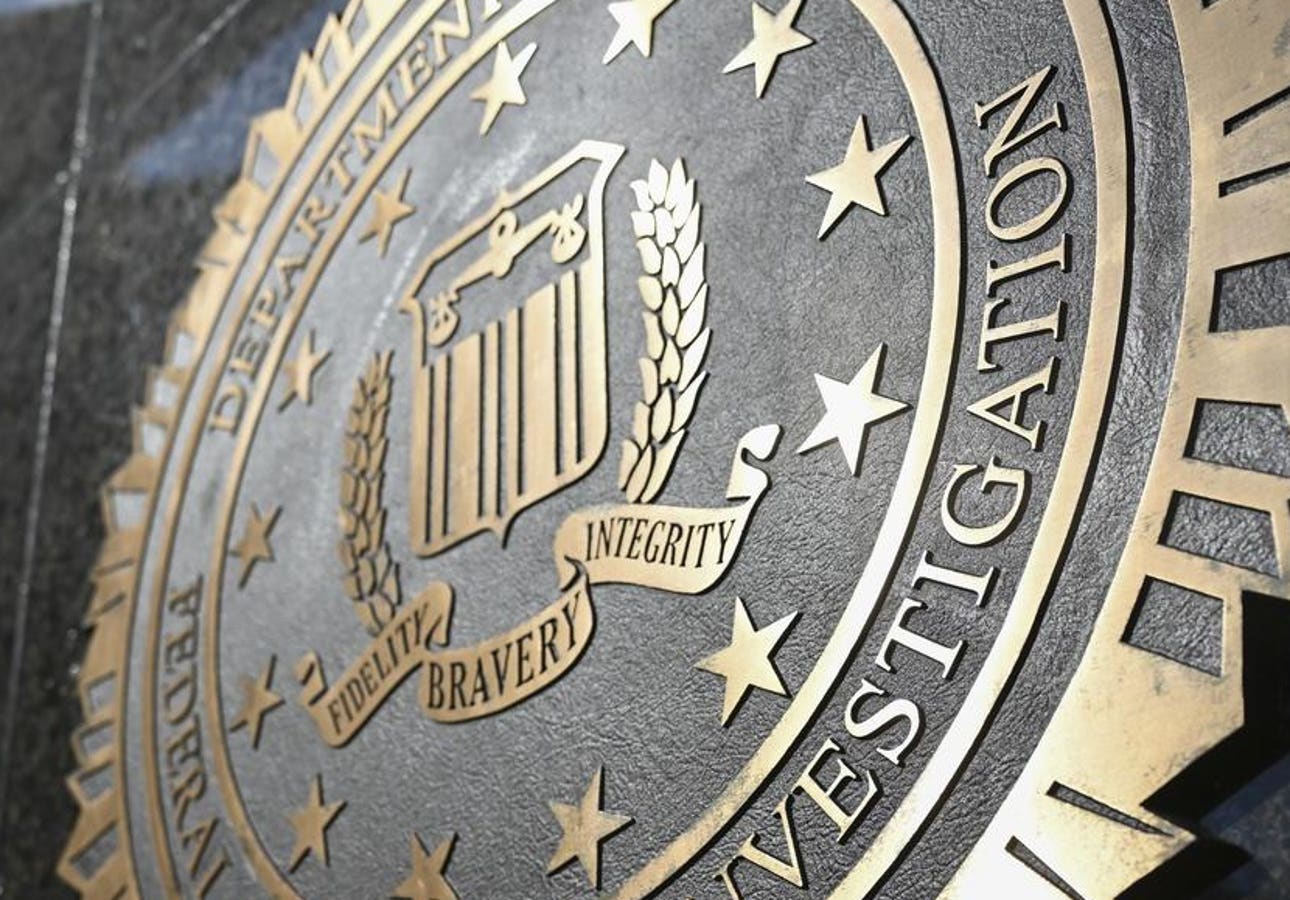URGENT SECURITY ALERT: Delete Those Texts Now
Imagine receiving a seemingly innocuous text message from an unknown number, only to discover that it’s not as harmless as it appears. In a shocking warning issued by the Federal Bureau of Investigation (FBI), iPhone and Android users are being advised to delete any suspicious texts they’ve received in recent times. The reason behind this drastic measure is more sinister than you think.

Warning: Viral Toll Scam Spreading Across America – Take Action Now

The Federal Bureau of Investigation (FBI) has issued a warning about a viral scam targeting iPhone and Android users, with thousands of citizens already falling victim to the scheme. The scam, which involves receiving a text warning of unpaid road tolls, is not only financially damaging but can also lead to identity theft and other serious consequences.
The scam is simple yet effective, with scammers pretending to be tolling agencies from coast to coast and sending texts demanding payment. The texts often contain identical language and claim the recipient owes money for unpaid tolls, with a link to pay. However, the link is created to impersonate the state’s toll service name, and phone numbers appear to change between states.

How the Scam Works
- Scammers send texts claiming the recipient owes money for unpaid tolls, with a link to pay.
- The link is created to impersonate the state’s toll service name, and phone numbers appear to change between states.
- The scammer’s goal is to steal payment card details, add them to mobile wallets, and make fraudulent purchases or launder money.
According to the FBI, the scam has been reported in multiple states, including Massachusetts, California, North and South Carolina, Illinois, Colorado, Florida, and more. The scam is thought to be the work of gangs using updated commercial phishing kits developed by Chinese cybercriminal groups.
What to Do
If you have received a text warning of unpaid road tolls, the FBI advises checking your account using the toll service’s legitimate website or contacting the toll service’s customer service phone number. Delete any texts received, as you don’t want malicious links on your phone.
If you have already fallen victim, take efforts to secure your personal information and financial accounts, and dispute any unfamiliar charges. Contact your bank or credit card if you’ve already paid, and be wary of any new applications for credit or other services in your name.
Expert Analysis
According to experts, the scam is a result of the increasing use of phishing attacks, which involve realistic-looking websites that mimic official toll authority sites but only function on mobile devices. This makes them even more convincing to unsuspecting users.
KnowBe4, a leading cybersecurity awareness training company, has reported similar scams in other states, including Florida (targeting SunPass users), Texas (North Texas Toll Authority), California, Colorado, Connecticut, Minnesota, and Washington.
Prevention is Key
The best way to prevent falling victim to this scam is to be cautious and vigilant when receiving texts claiming to be from tolling agencies. Never click on links from unknown senders, and always verify the authenticity of the message by contacting the toll service directly.
By taking these simple steps, you can protect yourself from this viral scam and avoid the financial and identity theft consequences that come with it.
Conclusion
safe



Add Comment